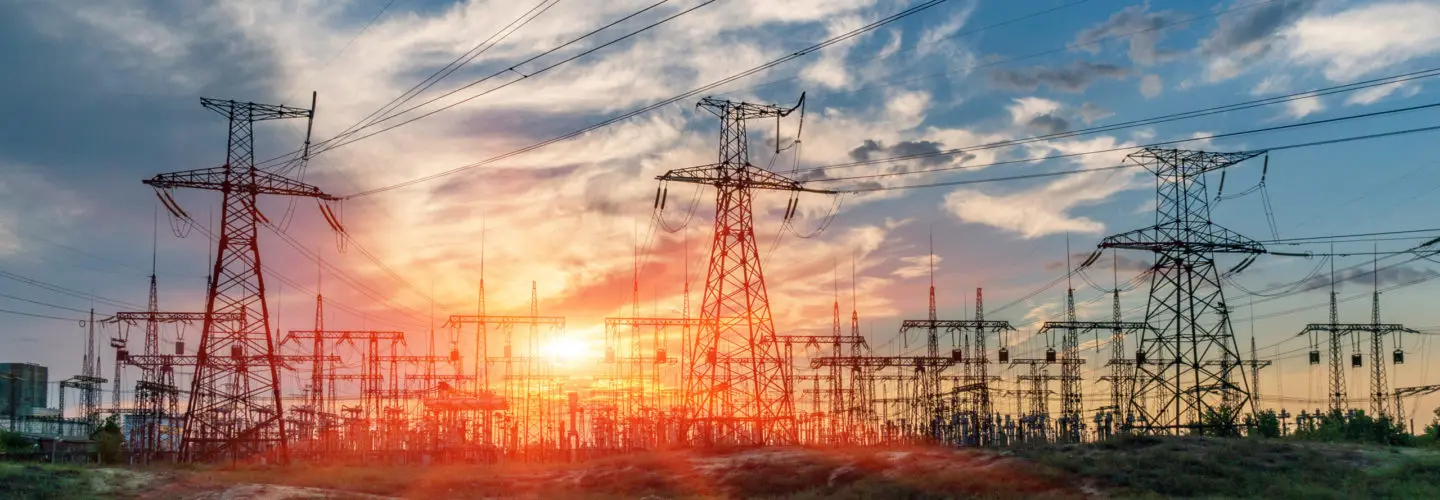How New England bungled its plan to transition to renewable energy
Earlier this year, Massachusetts passed a landmark law as part of a push towards decarbonization that requires the state to cut emissions in half by 2030.
But the state’s plan to meet this ambitious goal hit a snag this fall, when residents in Maine voted down a regional clean energy project, arguing it would irreversibly damage their own natural resources in order to deliver hydropower somewhere else.
“This project was poorly designed from the beginning,” said Pete Didisheim of the Natural Resources Council of Maine (NRCM). “The developer failed almost every step of the way to involve the public and to provide Maine with meaningful benefits.”
Proposed in 2017, the New England Clean Energy Connect project intended to transport 1,200 megawatts of Canadian hydropower through western Maine. But in a 60% to 40% referendum split this November, Maine residents voted to reject the transmission line.
Environmentalist groups in Maine – as well as Indigenous groups in Canada – argued the plan would put New England on a path to decarbonization that omits voices of the most affected communities.
Initially, the project proposed running the utility through New Hampshire. When that failed, an above-ground route through Maine was chosen as an alternative to Vermont’s buried power lines.
“It is undeniably one of the shortest routes,” said Greg Cunningham of the Conservation Law Foundation, noting that the lower cost of the route through Maine appealed to developers. “If a project developer is pursuing a project on the cheap, it ought to be a red flag.”
Under this plan, environmental groups like Sierra Club, NRCM and Conservation Law Foundation expressed concern about the power lines cutting through Maine’s North Woods.
“The fact that the biggest utility in the state of Maine proposes to stretch transmission lines over an iconic natural resource like the Kennebec gorge, and in doing so, permanently damage both the visual and ecological attributes of the gorge is just foolish and avoidable,” Cunningham said. While running the transmission line over the Kennebec gorge was initially considered and later scrapped, the project’s updated approach is to bury a portion of transmission lines by drilling under the river instead.
Estimated at about $1bn, the project is funded by the Canadian utility company Hydro-Quebec and Central Maine Power, a subsidiary of energy company Avangrid, which services 3.3 million customers across New England and New York. A coalition of First Nation tribes in Quebec filed a lawsuit to stop construction of the hydropower line from the Quebec side.
“The truth is that most of the power generated by [Hydro-Quebec] is generated and transmitted on our ancestral land without consent or compensation,” wrote Lucien Wabanonik, a spokesperson for the coalition and a member of the Anishnabeg tribe.
A spokesperson from Clean Energy Matters, a political action committee funded by Avangrid, disputed the claim that the public input was not sought out by developers. “There was a tremendous amount of public input in the regulatory approval process,” said Chris Glynn.
Although the construction is suspended, it’s not necessarily the end for the transmission line. Roughly 40% of the work has been completed already, with 124 miles (200km) of right-of-way trees and vegetation cut and transmission structures erected along the project route. Avangrid has maintained that the NECEC will bring cleaner air and lower energy prices to New England. Earlier this month, a district judge denied Avangrid and its subsidiary CMP’s motion to delay the referendum decision. An appeal to the Maine supreme court is expected in the coming months.
From the time the project was first introduced, both sides campaigned heavily for voter support. The initiative was endorsed by Maine and Massachusetts’ governors and their predecessors, and had appeal across party lines. The project is also seemingly welcomed by the federal government, with the energy secretary, Jennifer Granholm, urging voters to support the transmission line.
Certain environmental groups were less keen on downright opposing the project, seeing it as a crucial first step away from fossil fuels. “New England has a natural gas problem,” Jeff Marks, of the local non-profit Acadia Center, said. “Most of our electricity is still generated by fossil fuels, so getting clean energy from a variety of sources is certainly going to be a priority.”
Both supporters and opponents of the transmission line flooded local radio with ads, spending more than $60m to sway voters, according to Maine Public Radio. Two Texas-based fossil fuel companies with operations in Maine were the largest donors to the opposition campaign. Having oil companies fighting the project has further complicated the question for the voters of Maine.
Although Cunningham, from the Conservation Law Foundation, saw several flaws in the way the hydropower initiative was rolled out, he was not surprised by the way oil and gas companies funded the opposition. “The reality borne out by the NECEC project is that big oil and gas companies are doing anything and everything they can to hinder if not kill progress,” Cunningham said. “These companies feel an existential threat to their investments and we’re going to see that at every turn.”
Read the full article at The Guardian here.




















Follow us